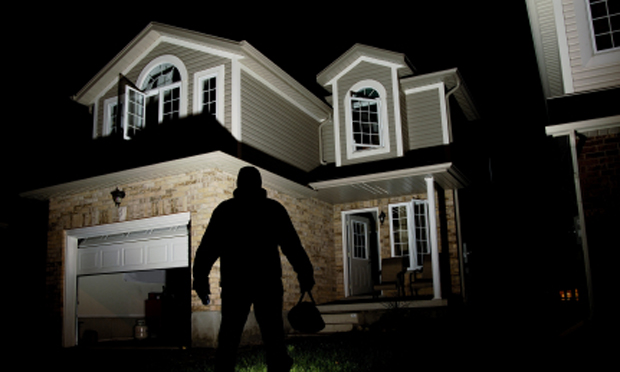After Trayvon Martin was shot and killed by neighborhood watch volunteer George Zimmerman in Florida, February 2012, a national debate began over how such a tragedy could have befallen an unarmed teenager. Beginning with Florida in 2005, 24 states enacted so-called “stand your ground” laws that widen the scope for the justified use of lethal force by citizens. In the past, self-defense laws have adhered to the principle that one has a duty to retreat from an assailant before using force. But this recent legislation, known as “castle doctrine laws” — under the theory that a home is one’s “castle,” and therefore can be defended — have relaxed this principle, allowing the use of deadly force in one’s home as well as some public spaces.
Following Zimmerman’s acquittal, the effectiveness of these laws and the outcomes produced continue to be debated, and the available research data have some insights. (It is worth noting that it has subsequently become controversial what exact role “stand your ground” laws may or may not have played in the Zimmerman case and trial.)
A 2012 paper for the National Bureau of Economic Research, “Does Strengthening Self-Defense Law Deter Crime or Escalate Violence? Evidence from Castle Doctrine,” examines the effects such laws have on illegal activity and rates of lethal incidents. Researchers from Texas A&M University used FBI state-level crime data from 2000-2009 to test the effects of castle doctrine laws and compare outcomes across states.
The study’s findings include:
- States that adopted castle doctrine laws saw a 7% to 9% increase in murder and manslaughter incidents compared to states that did not adopt such laws. This percentage increase “translates into an additional 500 to 700 homicides per year nationally across the states that adopted castle doctrine.”
- Adoption of castle doctrine laws resulted in a 17% to 50% increase in justifiable homicides, with justifiable homicide defined by the FBI as “the killing of a felon, during the commission of a felony, by a private citizen.” The authors note, however, that this result is suggestive, not conclusive.
- Adoption of castle doctrine laws did not, on average, deter crimes including burglary, robbery and aggravated assault.
The authors note that their findings effectively negate the “possibility that castle doctrine laws cause economically meaningful deterrence effects” on general crime. Furthermore, the authors conclude that “by lowering the expected costs associated with using lethal force, castle doctrine laws induce more of it … due either to the increased use of lethal force in self-defense situations, or to the escalation of violence in otherwise nonlethal conflicts.”
Another 2012 paper, from researchers at Georgia State University, draws similar conclusions; its findings “raise serious doubts against the argument that Stand Your Ground laws make America safer.” Some statistical analysis has also found that stand your ground laws produce unequal outcomes in trial contexts, with a finding of “justifiable homicide” more likely in the case of a white-on-black killing, according to data from the Urban Institute.
Tags: crime, law, municipal, guns


Expert Commentary